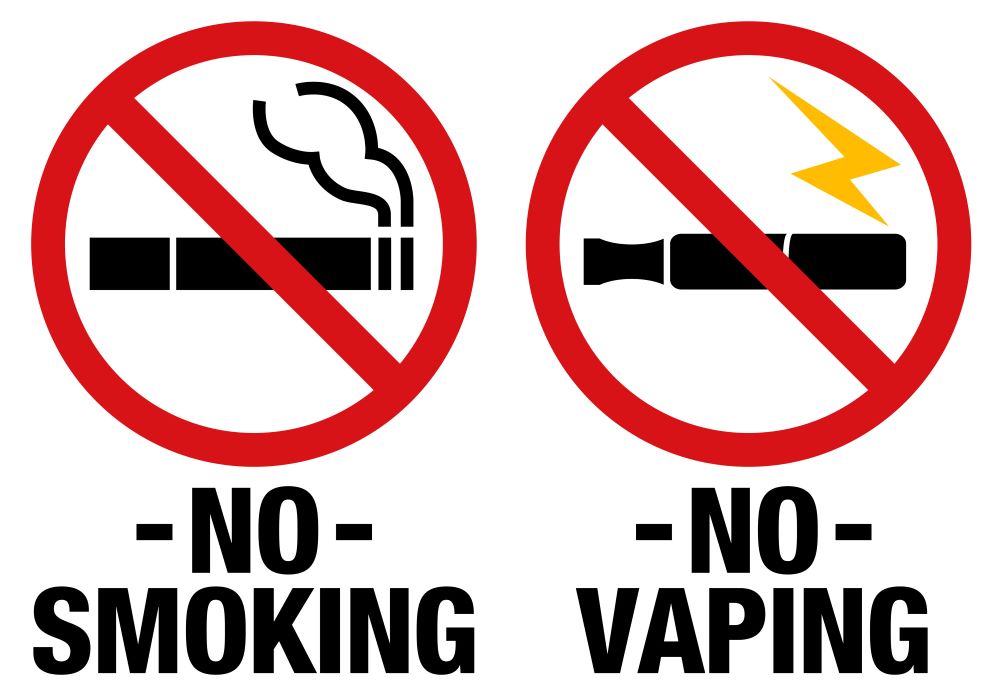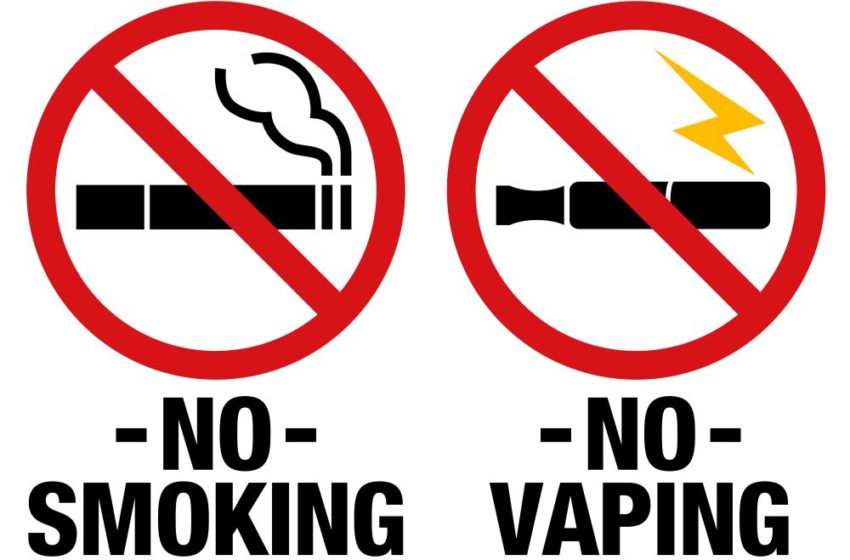Philip Morris International said yesterday it planned to invest about €500 million of additional funds in expanding capacity at its smoke-free product manufacturing facility at Crespellano, Bologna, Italy.
The facility at Crespellano was PMI’s first dedicated manufacturing facility for large-scale production of HEETS, the tobacco units used with the electronic tobacco heating device IQOS.
Completed in September 2016, the facility currently employed more than 600 people with a high level of technical expertise in areas such as mechanical engineering, electronics and chemistry, PMI said in a note posted on its website.
The expansion, which was expected to be completed by the end of 2018, formed part of the company’s plans to have a total annual installed capacity of about 100 billion heated tobacco units by the end of next year.
“Last week, we announced our second greenfield facility in Dresden [Germany],” Frederic de Wilde, president of PMI’s EU region, was quoted as saying. “The expansion of our first one, in Crespellano, shows the momentum of our efforts to turn PMI’s vision for a smoke-free future into a reality as soon as possible.”
Meanwhile, Michele Cattoni, PMI’s vice president of Technology & Operations RRPs, said the opening of the Crespellano plant had represented a historic milestone in PMI’s commitment to replace cigarettes with better alternatives to the benefit of smokers, public health and society at large. “We are now rapidly expanding our capacity to manufacture smoke-free products in order to meet growing demand from adult smokers,” she said.
‘IQOS and HEETS were first made available for adult smokers in Milan in November 2014,’ the PMI note said. ‘IQOS is currently available nationwide in Italy, and in key cities or nationwide in more than 25 markets around the world. More than two million people have already given up smoking and switched to IQOS.
‘The expansion of the Bologna facility follows the announcement earlier this month that PMI will invest approximately US$320 million in a HEETS production facility in Dresden, Germany, adding to the previously announced investments in the conversion of cigarette manufacturing facilities in Greece, Romania and Russia to HEETS production.
‘IQOS is one of four scientifically substantiated smoke-free product platforms that PMI is developing to address adult smoker demand for better alternatives to cigarettes. Since 2008, PMI has hired more than 400 scientists and experts and invested over US$3 billion in research, product development and scientific substantiation for smoke-free products. The company openly shares its scientific methodologies and findings for independent third-party review and verification, and has published its research in over 200 articles and book chapters since 2011. Results of scientific research conducted by PMI to date indicate that switching completely to IQOS is likely to reduce the risk of harm compared to cigarette smoking, and is a better choice for those who would otherwise continue to smoke.’













